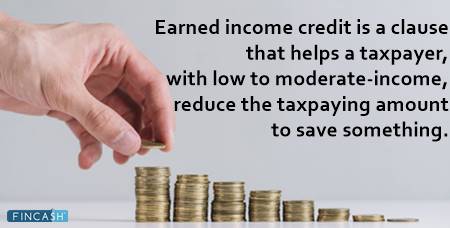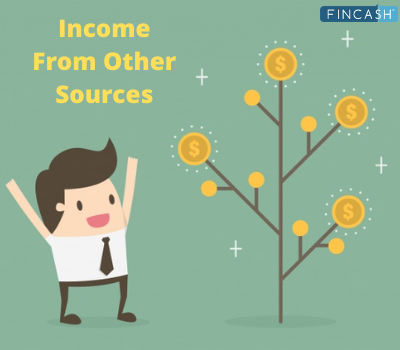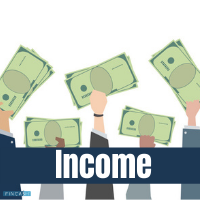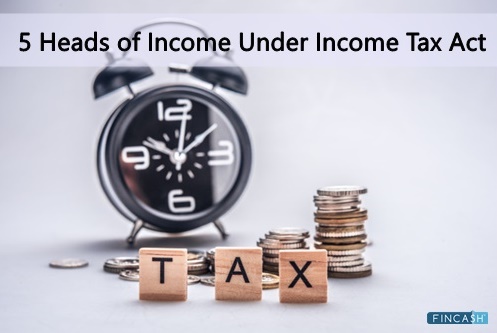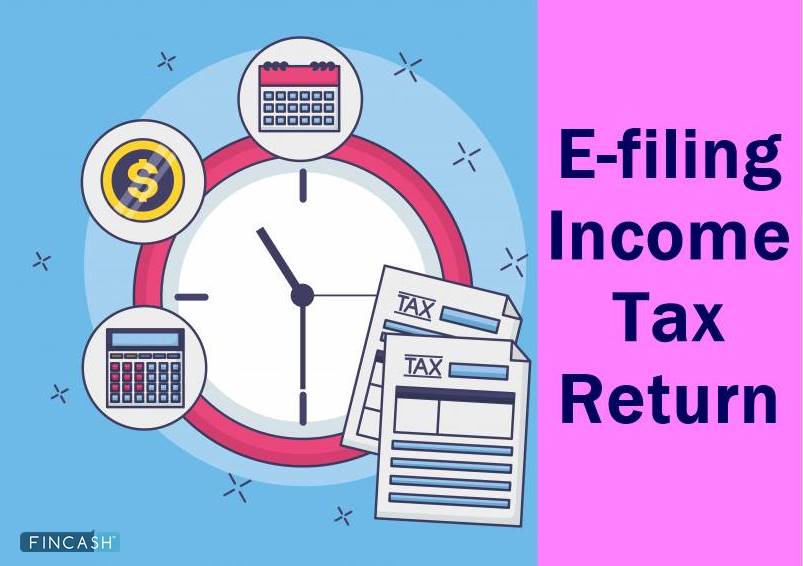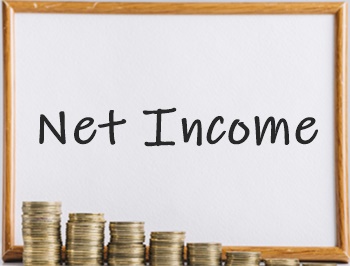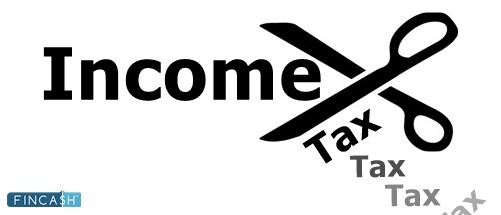Earned Income
What is Earned Income?
Earned income comprises net earnings, tips, commissions, bonuses, salaries, and wages from self-employment. It may also include union strike advantages and long-term disability.

In certain scenarios, payments from specific deferred retirement compensation arrangements also get covered in the earned income.
Explaining Earned Income
As far as tax is concerned, earned income is regarded as any income that you get from work, either from the business or an employer. Income examples that are not considered earned include a variety of advantages - like payments from certain programs, social security, unemployment, compensation, and more.
Also, disbursements from retirement plans, pensions, Capital Gains, alimony, interest from a Bank account, bond interest, dividends, passive income from the rental property also get included in earned income.
Generally, earned income and other income types are taxable; however, percentage rates differ accordingly. On top of that, thresholds for married and singles are different as well.
Specific Considerations for Earned Income
Comprehending whether a specific income is unearned or earned; and then reporting the same while filing a tax return, is a simple process. In fact, for certain taxpayers, earned income can have consequences that must be kept into consideration.
For instance, if you are receiving any additional benefit, you may end up paying income tax on a specific part of these benefits if the income earned goes beyond a specific threshold. In such a scenario, a certain percentage from the benefit will be subjected to a tax base on the income and filing status.
Talk to our investment specialist
This could be an essential consideration for those who are planning to continue working even after filing for this benefit. On the other hand, if you are a self-employed individual, you would have to consider the expected amount that you will be earning in a year so as to estimate the taxes on the basis of that amount.
And, if you fail to pay an adequate amount of taxes, you could be subjected to penalties. In case you have low earned income, you may meet the eligibility requirements for the tax credit, which can help further reduce the tax or gaining a refund.
All efforts have been made to ensure the information provided here is accurate. However, no guarantees are made regarding correctness of data. Please verify with scheme information document before making any investment.
